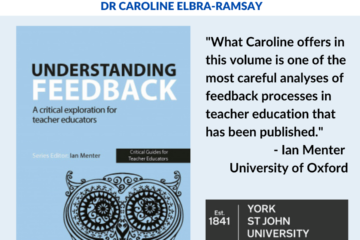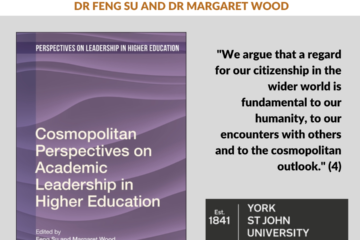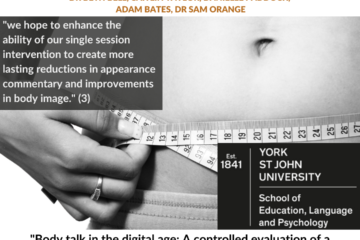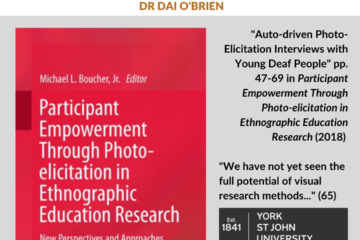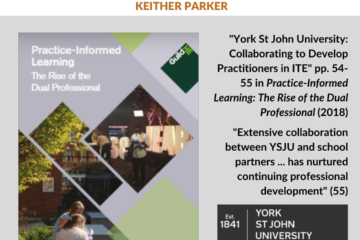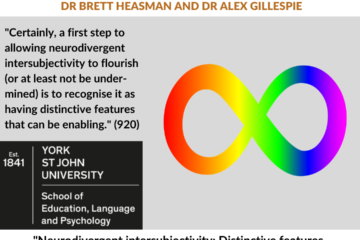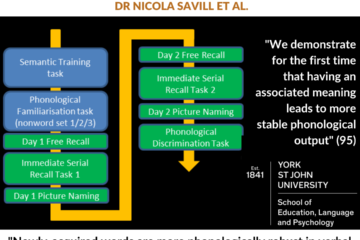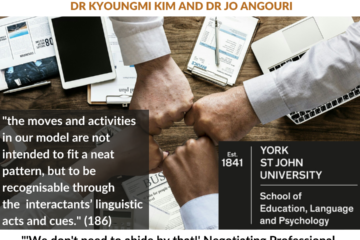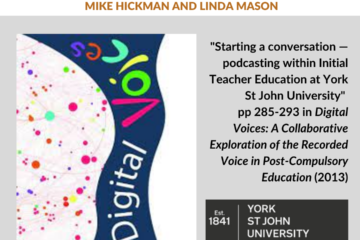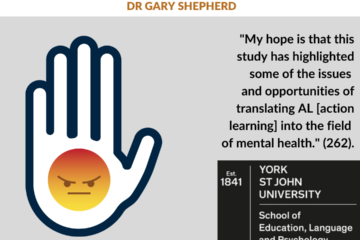Understanding Feedback : A Critical Exploration for Teacher Educators – Dr Caroline Elbra-Ramsay
If we are to ensure that our student teachers enter the profession with a sophisticated view of both the theory and practice of feedback, we need to acknowledge their own experiences and understanding of feedback, too. – Dr Caroline Elbra-Ramsay (2) Dr Caroline Elbra-Ramsay’s book, Understanding Feedback: A Critical Exploration Read more…
